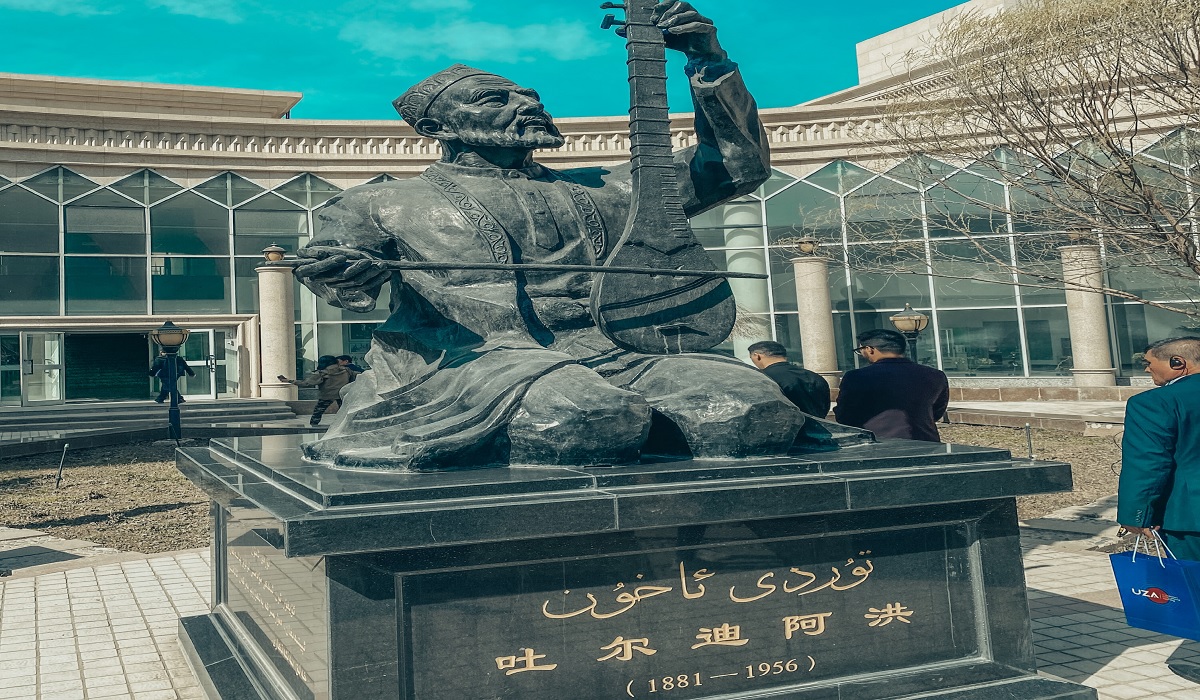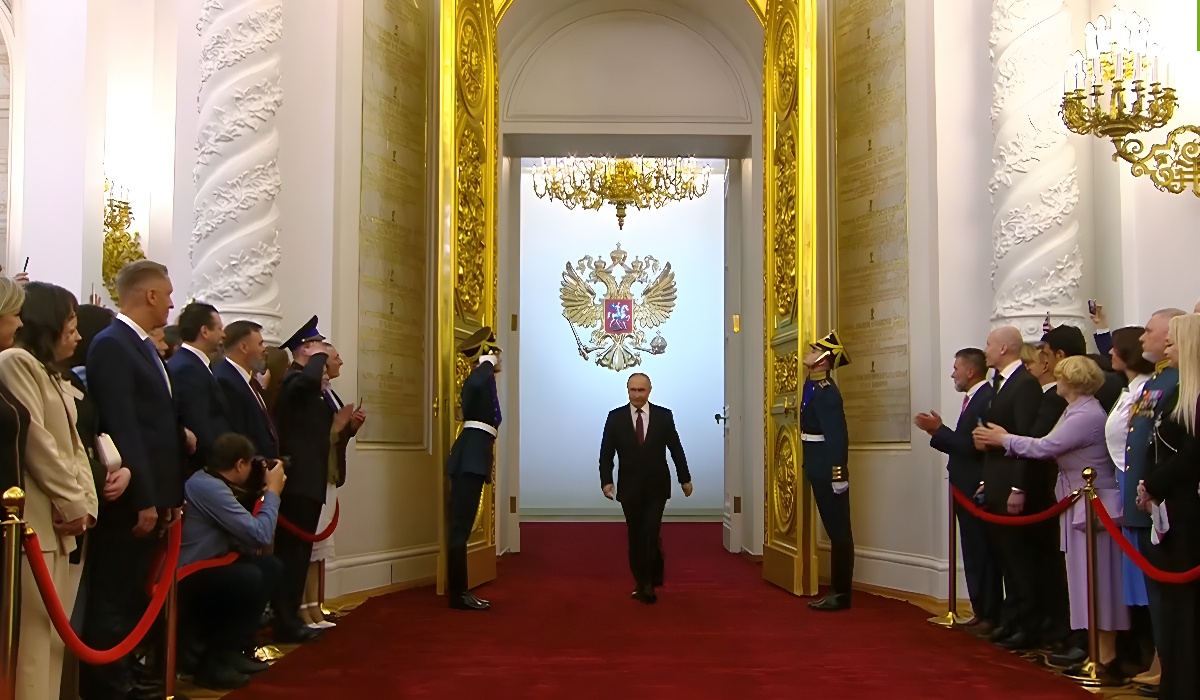Tunisia finds itself at a critical juncture as it navigates a deepening economic crisis, with hopes pinned on two key sectors for recovery – tourism and renewable energy. The country is grappling with stalled talks for $1.9 billion in funding from the International Monetary Fund (IMF) due to disagreements on extensive economic reforms, including challenging cost-cutting measures. In response, Tunisia has initiated its reform project, with Sihem Nemsia, Tunisian Finance Minister, stating, “The structural reform program that’s been drafted by Tunisia started in 2022. It continues in 2023 and will be implemented in the next four years until 2026.”
The country’s tourism industry has experienced a remarkable resurgence, with revenues soaring by almost 40% from $1.5 billion in November 2022 to nearly $2 billion. This positive trend has boosted foreign currency reserves, which are now sufficient to cover 120 days of import needs. Following a series of setbacks, the return of cruise ships reflects improving security and health situations.
Sami Debbich, Goulette Shipping Cruise, expressed optimism, stating, “Tourism is recovering in Tunisia because the security and the health situations have improved. Our objective is to boost revenues by regaining confidence in Tunisia as a tourist destination.”
Looking to the future, Tunisia is planning to integrate 35% renewable energy into its national electricity mix by 2030. The government aims to promote private sector electricity generation from renewable sources and reduce subsidies for hydrocarbons and electricity, amounting to $2.28 billion in the 2024 state budget.
Ezzedine Khalfallah, International Energy Consultant, explained the country’s strategy: “Tunisia is investing in renewables and offering incentives to companies working in this field. The objective is to generate electricity, guarantee energy security, improve energy efficiency, and export high-value services in renewables to boost the economy.”
A prolonged drought in the agricultural sector has contributed to limited growth and a slight increase in unemployment to 15.8% in the third quarter of 2023. Despite these challenges, Tunisia’s economy has displayed resilience, prompting Prime Minister Ahmed Hachan to express confidence in achieving a 3% growth rate by 2024. The government is committed to implementing necessary reforms without disproportionately impacting middle and low-income classes.
The country is betting on tourism and renewable energy, reflecting a strategic approach to diversifying its economic base and overcoming pressing challenges. The nation is on an accelerated path to restore stability and foster sustainable growth as the government pursues its reform agenda and works towards unlocking IMF funding. The coming years will be crucial in determining Tunisia’s economic trajectory and ability to leverage key sectors for a prosperous future.









